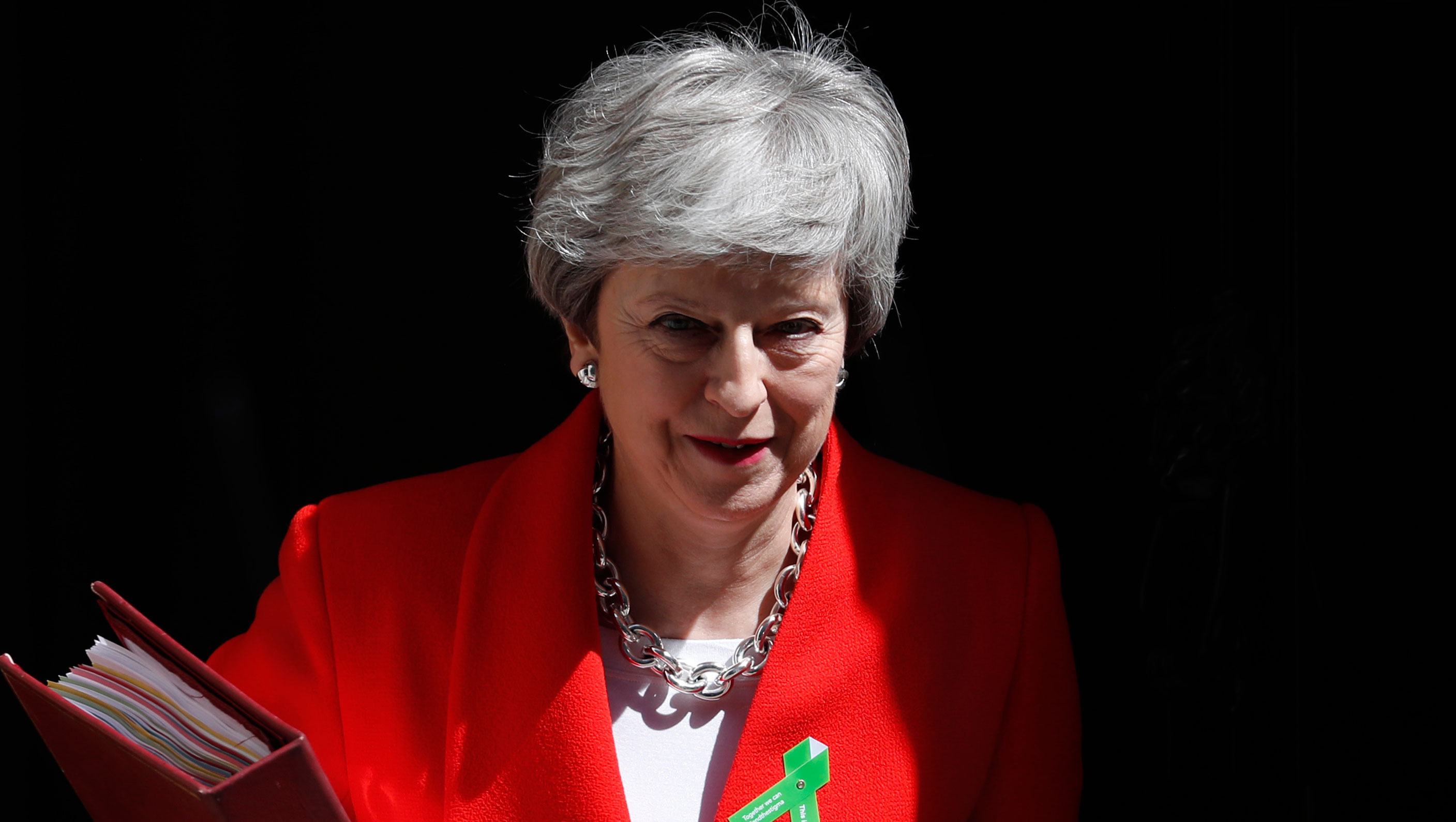Theresa May has confirmed that she will stay on as the Tory member of parliament for Maidenhead after either Boris Johnson or Jeremy Hunt succeeds her as Britain’s new Prime Minister on July 23.
The general expectation still is that it will be Boris who will take over although his lead over Hunt is slipping – apparently because of his refusal to answer questions over his late night bust up with his girlfriend, Carrie Symonds.
May, who is 62, has been MP for Maidenhead, a large market town in the county of Berkshire, since 1997.
She told journalists travelling with her to the G20 summit on Japan: “I’m certainly going to be continuing as the MP for Maidenhead.
“I’m going to stay in parliament and play my role by my own constituents.
“I’m expecting the next election will be in 2022 and I haven’t ruled out standing in that next election.”
She added that it had been a “huge privilege to be Prime Minister, it’s a huge honour, it’s a huge responsibility”.
In a separate interview, she told ITV News: “I am proud of the work that we have done in the UK and I look forward to returning to the backbenches and (being) able to give my full time to my constituency.”
There could be another plausible reason for May wanting to stay on. The conventional wisdom is that “politics is the art of the possible”, but in Britain it is also about revenge.
May might want to stay on to make life as difficult as possible for Boris, who resigned from her cabinet after she appointed him foreign secretary and did everything possible to undermine her premiership and her Brexit policy — possibly with a view to replacing her at 10, Downing Street.
It will take a while for May to get used to life on the backbenches after six years as home secretary and three years as Prime Minister. For a start, the official limousine will be taken away.
Her husband, Philip, is a former businessman and probably quite well off but May wouldn’t be human if she did not miss the perks of being Prime Minister and at the heart of European politics.
Some prime ministers have stood down as an MP quite quickly after leaving No 10. Tony Blair quit as MP in 2007 on the same day as he resigned as Prime Minister. David Cameron stayed on for two months in 2015 after losing the Brexit referendum.
However, Edward Heath, who never forgave Margaret Thatcher for ousting him as Tory leader, remained in the Commons until 2001, 27 years after losing the 1974 election. Tory newspapers nicknamed him “the Great Sulk”.










